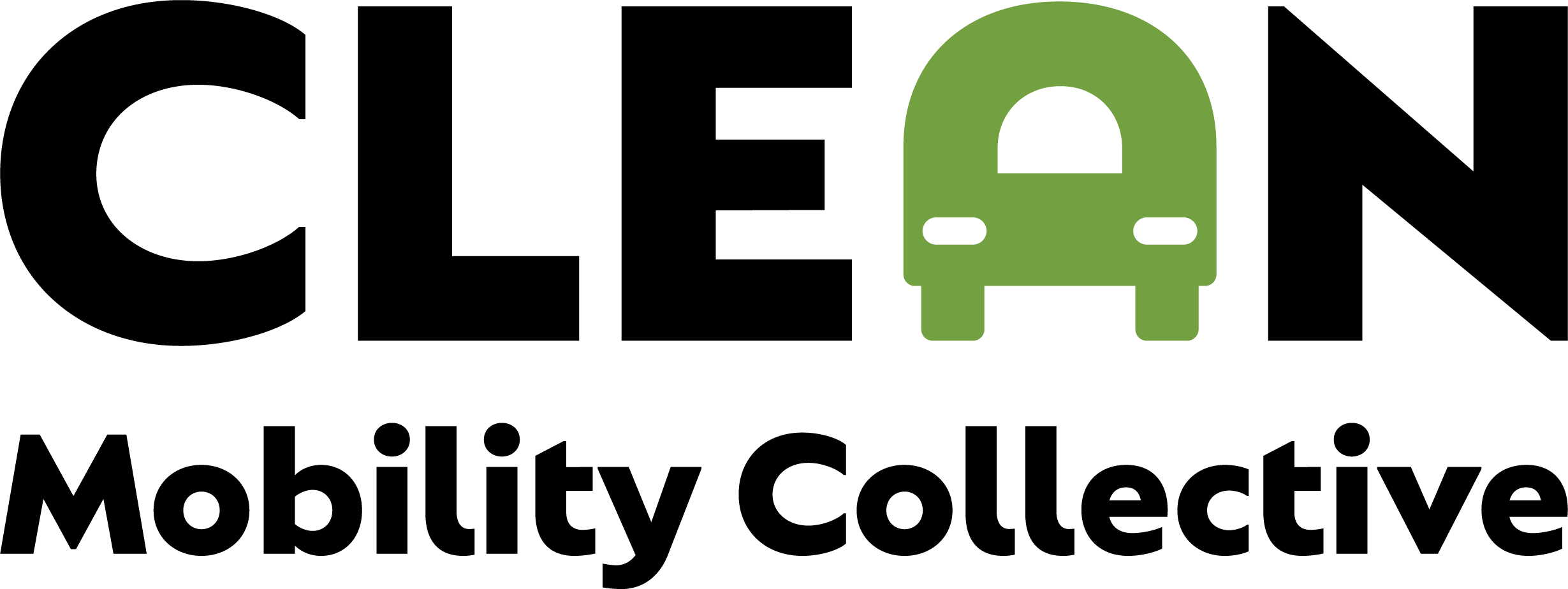28 July 2025
Accelerating EV adoption in the Global South: Key insights from sector experts

On July 9, 2025, the Clean Mobility Collective hosted a lively expert panel focused on the challenges and opportunities of adopting electric vehicles (EVs) among small fleet operators and individual owner-operators—such as auto rickshaws and motorcycle taxis—in India, Southeast Asia, and East Africa. The event brought together perspectives from policy, research, civil society, and people with lived experience in these vital but often overlooked transport segments.
Key Themes & Takeaways
1. Popular Transport: The Backbone of Urban Mobility
The webinar centered on "popular transport"—paratransit systems like jeepneys, auto rickshaws, and boda-bodas—that form the backbone of mobility in much of the Global South, filling critical gaps in mass transit. These modes are vital for last-mile connectivity and are often a primary income source for millions.
2. Region-Specific Experiences:
Philippines: Prof. Sheilah emphasized that jeepneys account for the largest share of road-based public transport, with modernization efforts underway. She highlighted the role of cooperatives in empowering small operators to pool resources and access EVs, although cost and route allocation challenges remain significant.
India: Ajay Mittal outlined Kolkata’s unique operational model of auto-rickshaws on fixed routes and noted a strong willingness among drivers to adopt EVs due to cost savings. Yet, barriers like charging infrastructure, transparency in EV costs, and financing persist. Deepali Thakur discussed freight electrification, underlining the importance of utilization rates and the complexity of transitioning medium and heavy trucks.
East Africa (Uganda): Geoffrey Lubyanza shared valuable “on the ground” experience as both a boda rider and researcher. He pointed to improvements in asset financing but major hurdles remain around charging station coverage and interoperability between EV startups.
3. Structural Barriers & Solutions
Panelists converged on several recurring obstacles:
Financing and Affordability: High upfront EV costs, limited access to credit for owner-operators, and the pressing need for innovative financial products such as battery-leasing.
Knowledge and Trust: Informal operators often lack information about available tech and policy, and many hesitate to trust new players or government initiatives.
Fragmented Stakeholders: The lack of dialogue between public sector, manufacturers, banks, and drivers/riders creates mismatches in design, technology adoption, and user needs.
Charging & Battery Swapping Infrastructure: Insufficient, non-standardized infrastructure—especially when each startup runs its own exclusive charging network—creates barriers to mass adoption.
4. Policy & Incentives
Across regions, incentive policies—such as waivers for EV purchases, road taxes, and subsidies—were identified as positive, though disincentivizing policies are less effective where adoption is just beginning. Integrated, state-coordinated guidelines and clear long-term goals were seen as necessary for building investor and user confidence.
5. The Way Forward:
Collaboration & Knowledge Exchange: Experts called for more structured multi-stakeholder dialogues to share global best practices, conduct joint case studies on successful models (e.g., battery leasing), and build greater awareness among small operators.
Inclusive EV Transition: Sustainable EV adoption must put workers, communities, and local realities at the center. Technical and financial solutions must be grounded in the lived experiences of those driving EV adoption on the ground.




